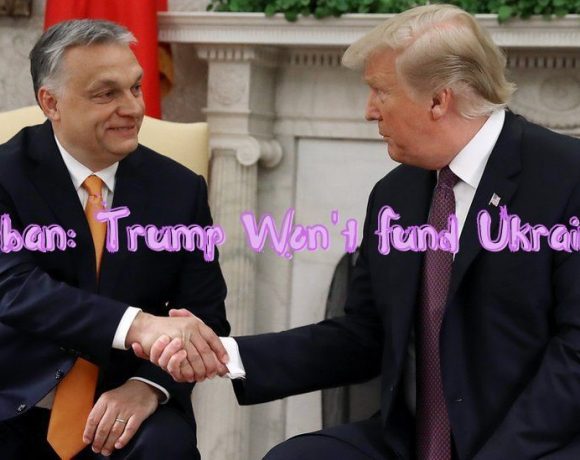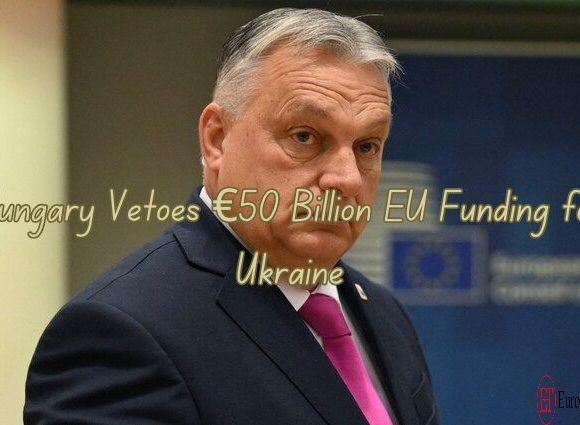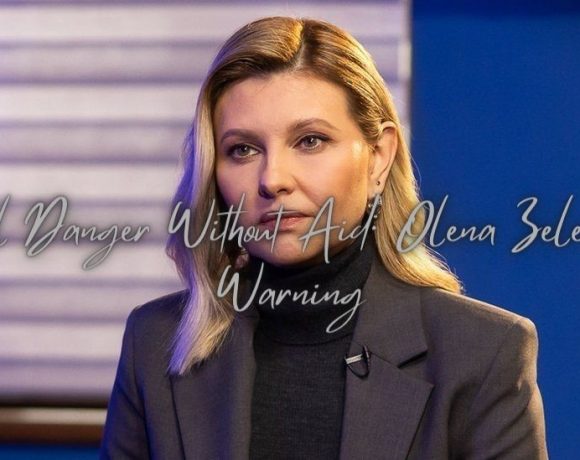
Hungarian Prime Minister Viktor Orban recently stated that if Donald Trump were to be re-elected as the President of the United States, he would not provide funding for Ukraine’s fight against Russia’s invasion. Orban asserted that Trump has made assurances to swiftly end the conflict if elected again, albeit without offering detailed plans. According to Orban, Ukraine lacks the capacity to sustain the war without financial and military support from the United States.
Orban’s vocal support for Trump was evident during his recent visit to Florida, where he met with the former president. Notably, Orban did not arrange a meeting with the incumbent US President, Joe Biden. This move has raised eyebrows, particularly as it’s unusual for a visiting foreign leader not to meet with the current administration. Orban’s stance on Ukraine stands in contrast to many European Union leaders who advocate for providing aid to Ukraine and criticize Orban’s close relationship with Russian President Vladimir Putin.
Concerns are growing within the international community that a potential second Trump presidency could lead to a reduction in US assistance to Ukraine and NATO. The deadlock in the US Congress over a foreign aid bill further exacerbates these worries. Influenced by Trump’s stance, Republican lawmakers are insisting on additional funding for border security before advancing the bill. Trump himself has suggested offering loans to Ukraine instead of providing aid without conditions.
Meanwhile, as Russian forces continue to make gains in eastern Ukraine, the country faces acute shortages of ammunition. Ukraine heavily relies on weaponry from the US and other Western allies to counter Russia’s significant military strength. The ongoing conflict underscores the critical importance of international support for Ukraine in its struggle against Russian aggression.
Picture Courtesy: Google/images are subject to copyright



